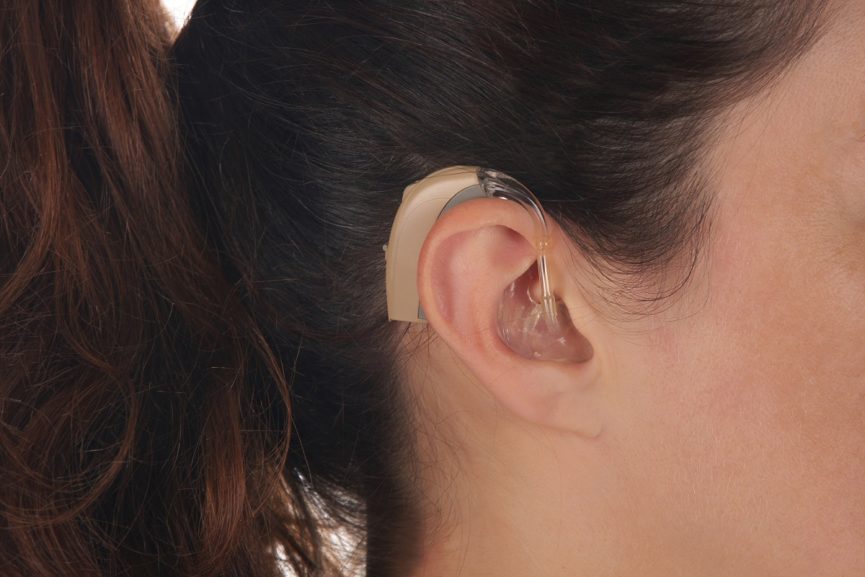If you’re like most people, you already know that disability discrimination in the workplace is illegal – but what can you do if you’re discriminated against because of a real or perceived disability? This guide explains.
What Can You Do About Disability Discrimination at Work?
First things first: You need to know that the Americans With Disabilities Act, or ADA, protects your rights in the workplace when your employer has 15 or more employees. And in the state of California, anti-discrimination laws protect people who work for employers with five or more employees. Disability discrimination occurs if an employer (or another entity covered by the ADA) treats a qualified person unfavorably because the person has a disability.
The law requires employers to provide reasonable accommodations to employees or applicants with disabilities. The only time an employer doesn’t have to provide reasonable accommodations is if doing so would cause the employer undue hardship (such as an extreme expense or significant difficulty).
The same law protects people who have a relationship with a person with a disability. That means employers can’t discriminate against a person who has a child, spouse or other family member with a disability, or someone who is in another type of significant relationship with a person with a disability.
How to Handle Disability Discrimination at Work
You are fully within your rights to take action if you’re facing disability discrimination at work. Employers can’t discriminate against job applicants or employees in any aspect of employment – and that starts with hiring and includes firing.
If you’re like many people, you can choose to contact a disability discrimination attorney about your situation. You can also file a disability discrimination with the Department of Fair Employment and Housing (DFEH) or with the Equal Employment Opportunity Commission (EEOC). The DFEH is a California entity, while the EEOC is a federal entity. That means if your complaint is about an employer with only five to 14 employees, your complaint would go to the DFEH; if it’s about an employer with 15 or more employees, you can file your complaint with either agency.
How Long Do You Have to File a Complaint With DFEH?
You must submit – in most cases – a pre-complaint inquiry with DFEH before three years has passed since the last incident of discrimination. However, there are some exceptions, and your attorney may be able to help you if it’s been more than three years.
You can file your complaint by mail, in person, by phone, or by using the California Civil Rights System. After you file a pre-complaint, you’ll participate in an interview that DFEH will use to determine whether it can accept and investigate your complaint. If DFEH decides to investigate, an investigator will contact you within 60 days to gather information; if it doesn’t choose to investigate, the matter will be dismissed and you’ll have the right to sue your employer in court.
When Can You Sue Your Employer for Disability Discrimination?
You typically have to file a complaint with DFEH or EEOC before you sue your employer, though again, there are exceptions. Your attorney can evaluate your situation and help you make the right move. Going straight to court can be difficult – and even the DFEH says that you should only do so if you have an attorney to represent you.
What Damages Can You Receive if You Win a Lawsuit Against Your Employer for Disability Discrimination?
You could be entitled to damages from a disability discrimination lawsuit. Your damages may include:
- Back pay with interest
- Front pay
- Increased pay due to raises or promotion
- Benefits
- Bonuses
- Pain and suffering
- Emotional distress
Do You Need to Talk to a lawyer About a Disability Discrimination Lawsuit?
If you think you were discriminated against due to a disability – yours or someone else’s – we may be able to help you. Call us at 818-230-8380 or fill out the form below to schedule your free, no-obligation consultation with a caring and committed professional right now.




